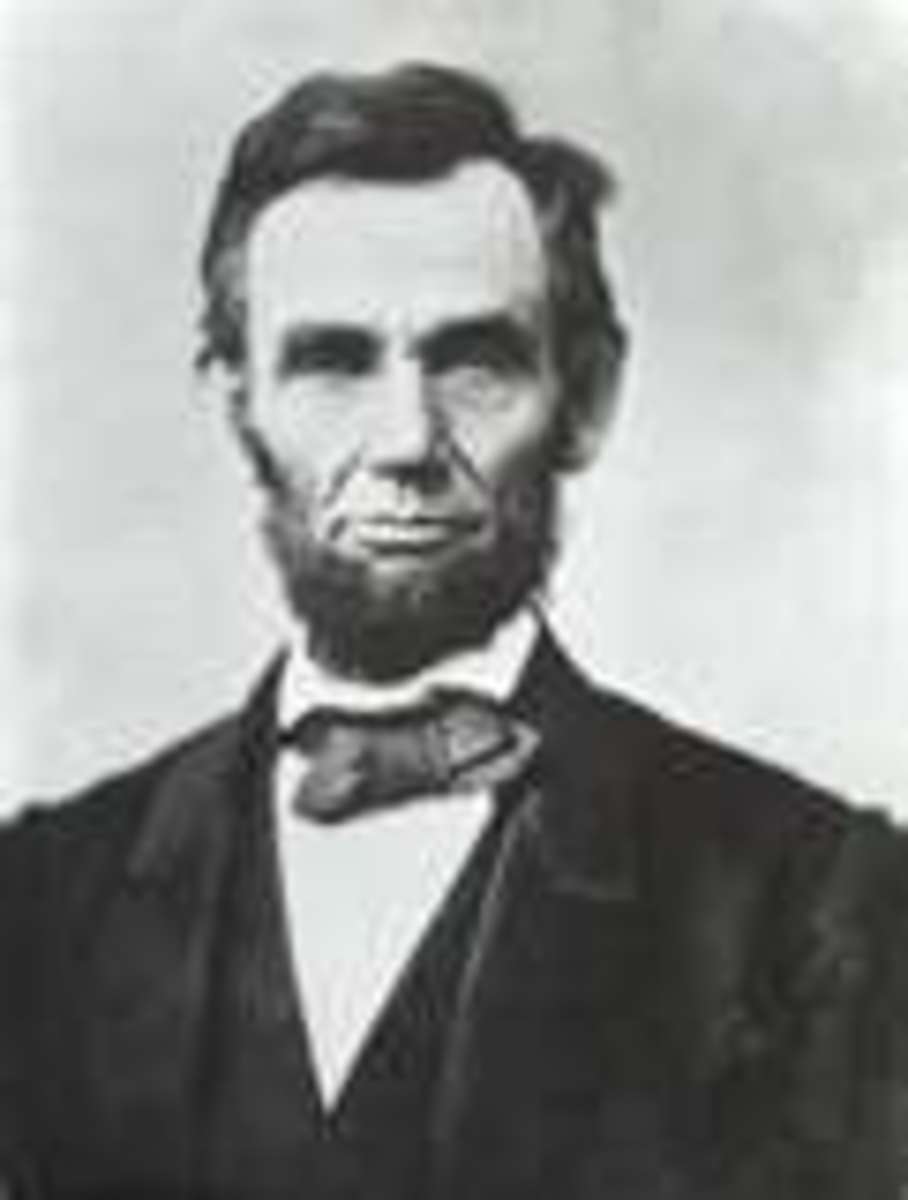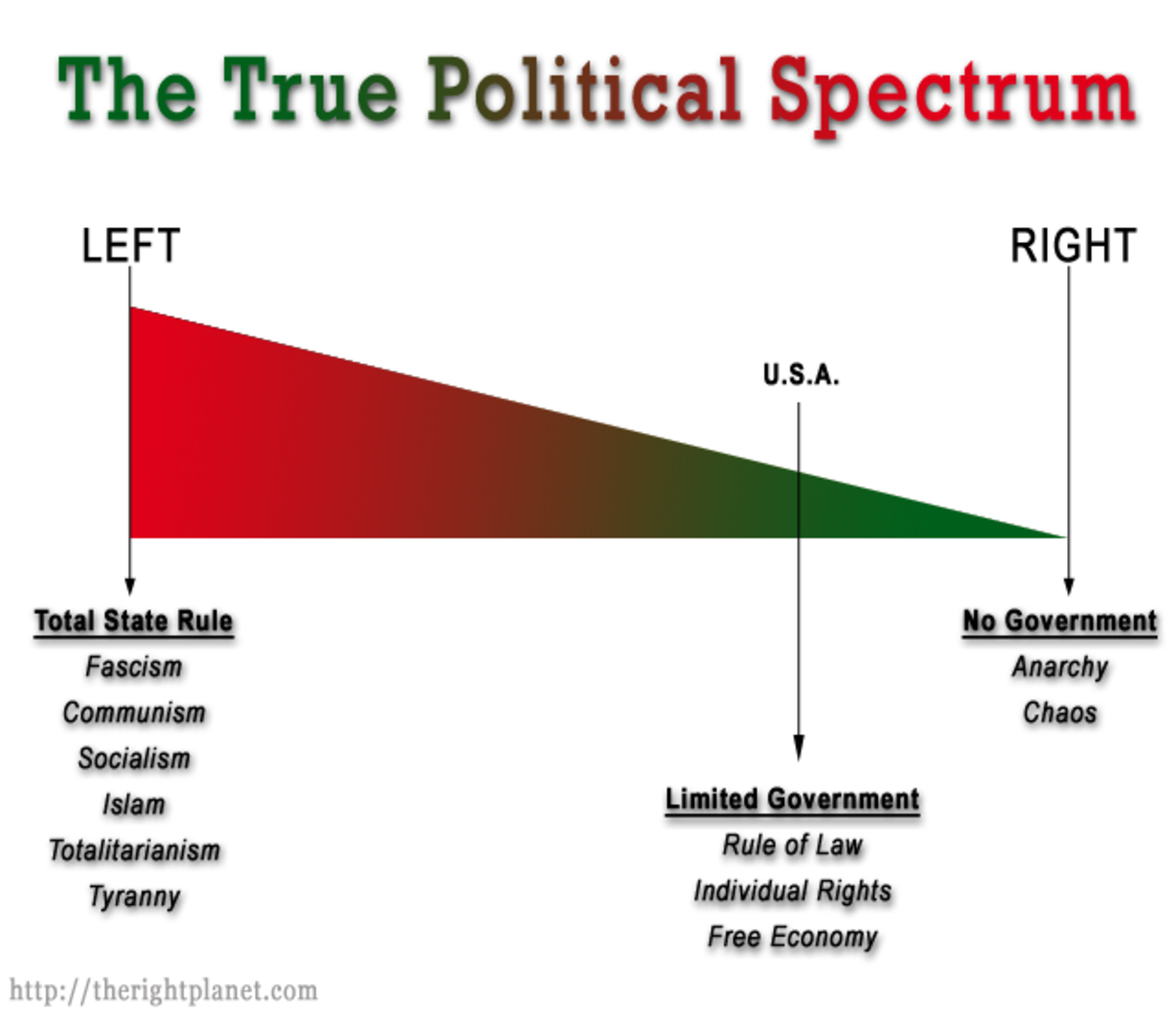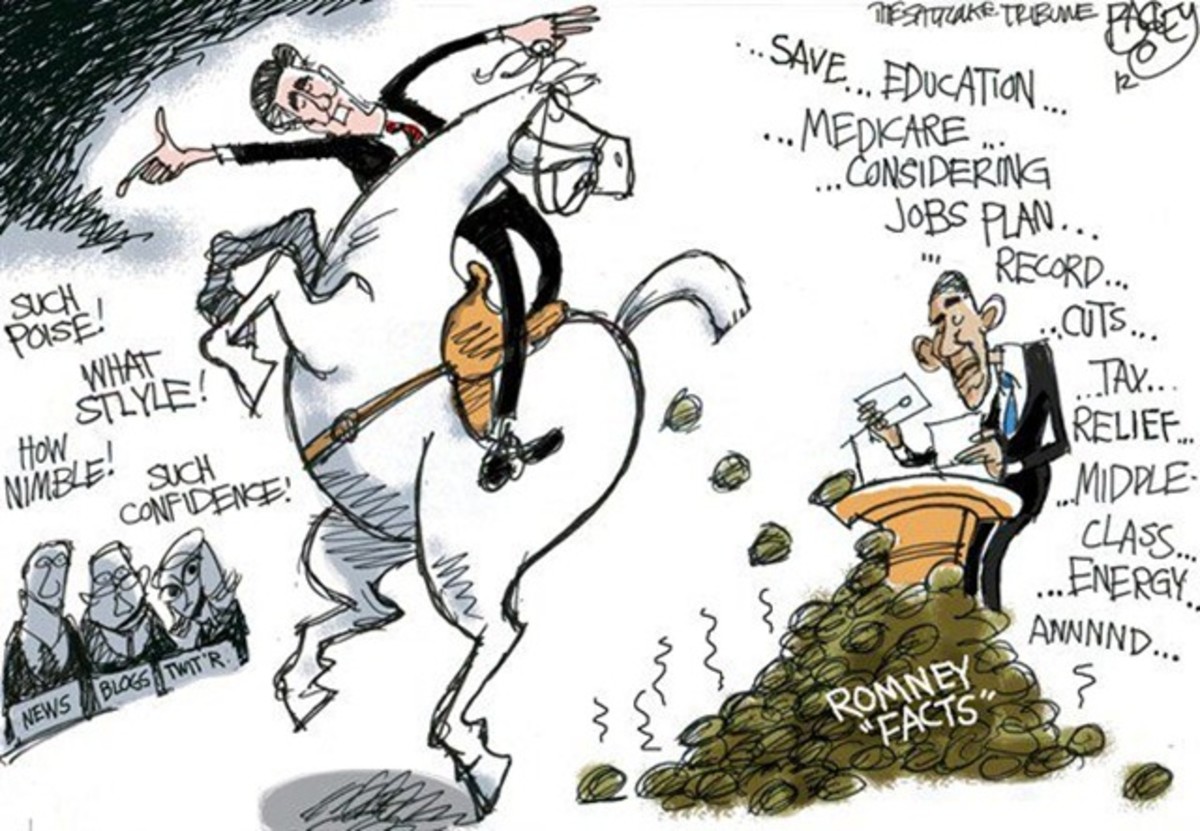Contemporary Liberalism

A marked change took place after 1860 when Mill revised his views in a way that became the basis of philosophy of modern or contemporary liberalism. A new awareness developed that desired more and more state interference in the liberty of the individual I the name of public interest. Thus, mill supported state regulations of private property and went to the length of sanctioning public ownership and control of natural resources of the country, T.H Green desired positive action of the state in the eradication of three big social evils, namely- ignorance, intemperance and pauperism.
This flow become more evident in the present century when Laski in England and MacIver in united states of America expressed an opinion that state should play a positive role and render social service. Political thinkers like Hobhouse, Barker and Keynes expressed similar views and wanted more and more regulation by the state in order to remove social ills.
The Beveridge Report of the Inter-Departmental Committee on Social Insurance and Allied Services chaired by William Beveridge, an economist identified five "Giant Evils" in society: squalor, ignorance, want, idleness and disease, and went on to propose widespread reform to the system of social welfare in the United Kingdom to address these. Highly popular with the public, the report formed the basis for the post-war reforms known as the Welfare State, which include the expansion of National Insurance and the creation of the National Health Service.
From the above discussion of contemporary liberalism, we can say that the main features of Contemporary Liberalism are:
1. The individual living in the state must be able to exercise political influence through constitutional machinery.
2. Political machinery should be modernized by bringing new life to the neglected sections.
3. There should be decentralization of power to give effective powers to regional councils.
4. In international field of politics the power of the state must be limited by the power of supra-national bodies such as the UN.







